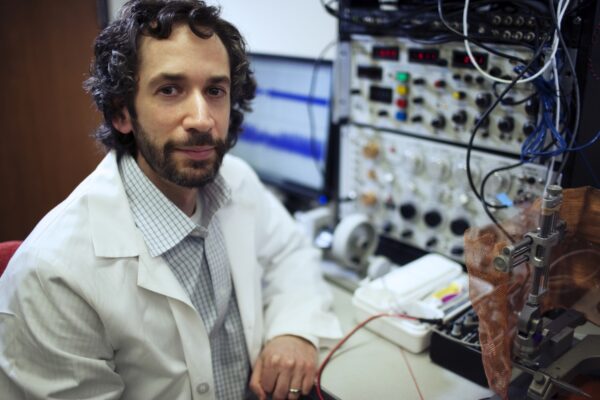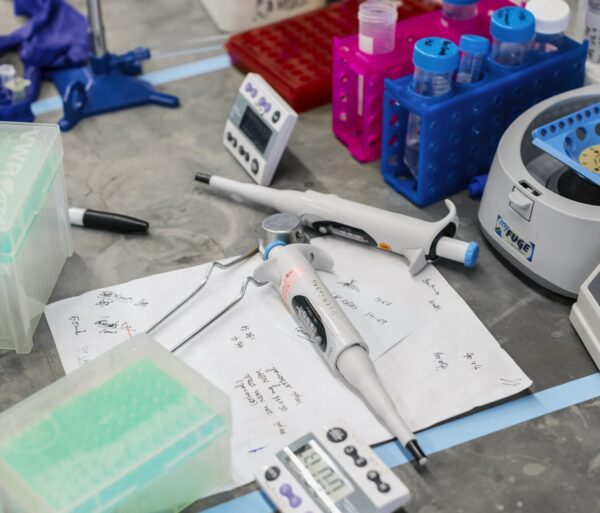
Our bodies can handle most common stressors by adapting. However, chronic stress can wear them down and cause us to become ill, both physically and mentally. If one is not able to cope with chronic stress well, stressful life situations can increase the risk of serious health problems, including psychiatric disorders such as depression. Despite the prevalence of stress and the severity of its effects, surprisingly little is known about how this risk factor influences depression.
Dr. Jeremy Amiel Rosenkranz used his 2009 BRF Seed Grant to understand how stress impacts depression. If one can reduce the impact of stress, one can reduce the incidence of depression and other psychiatric disorders. There are many effective antidepressants, but waiting until someone already has depression is not a preventative strategy.
To determine a novel therapeutic target to reverse stress induced impairments, Dr. Rosenkranz was to first determine how stress modifies emotion. Stress activates “emotion circuits” in the brain; repeated stress sensitizes these circuits. The amygdala, which is located deep within the medial temporal lobes of the brain, is involved in the processing and memory of emotional reactions. Because of its key role in emotion, the amygdala is a possible target of the effects of stress on emotion. Under normal stress, the amygdala is activated and an appropriate behavioral response is elicited. But under chronic stress the amygdala becomes hyperactivated which leads to an abnormal response or emotional disturbance.
While there is growing evidence for the enduring effects of chronic stress on morphological, physiological and biochemical features of neurons in several brain regions, little is known about the effects of chronic stress on amygdala neuronal electrophysiology–the electrical activity of neurons. Because neurons share similar characteristics across mammalian species, Dr. Rosenkranz was to use rodents to study the effects of stress on the amygdala. The rodents were exposed to stressors and then electrophysiology recording which measures the activity of neurons was performed. Dr. Rosenkranz planned to test if chronic stress increases excitability of amygdala neurons via a specific ion channel (KCa channel) that regulates neuronal activity. These channels are likely candidates because they are modified by the steroid corticosterone, which is a major stress hormone in rodents. If it is shown that KCa channel activity is altered during chronic stress, then this channel is a new potential pharmacological target to prevent and treat the effects of stress on disorders of emotion such as depression.
Using the data collected from his 2009 Seed Grant, Dr. Jeremy Amiel Rosenkranz was able to turn this $40,000 grant into over $1.5 million in additional funding from the National Institutes of Health.




